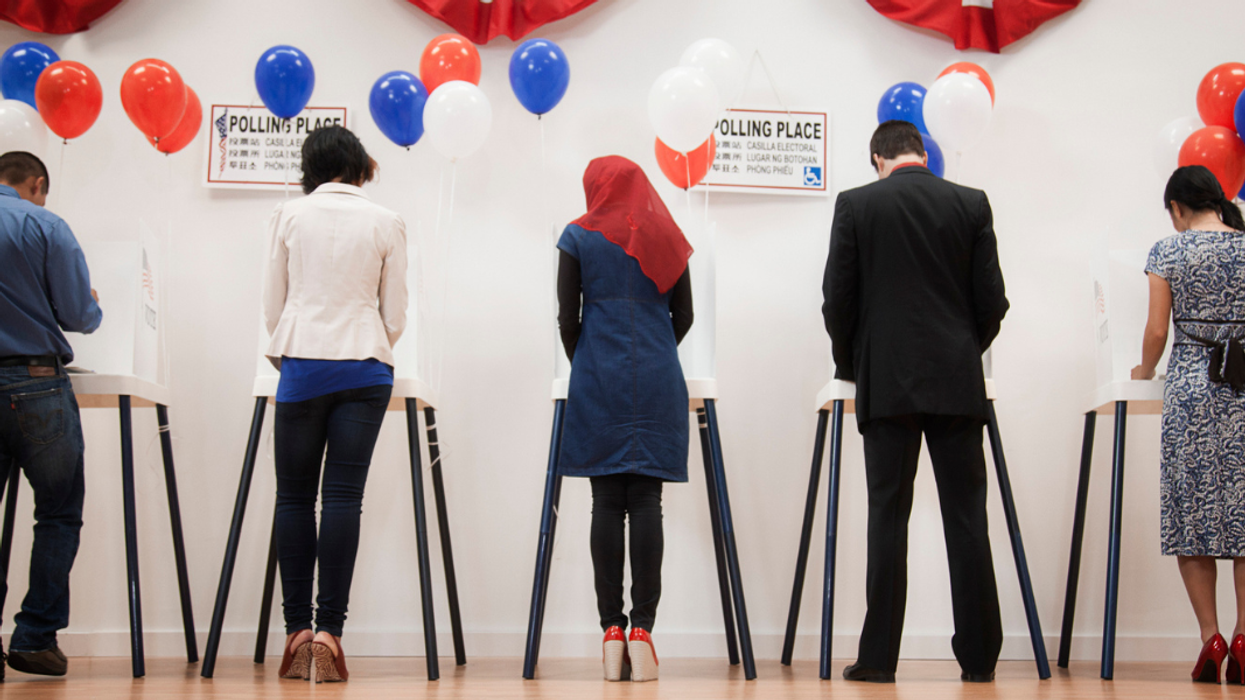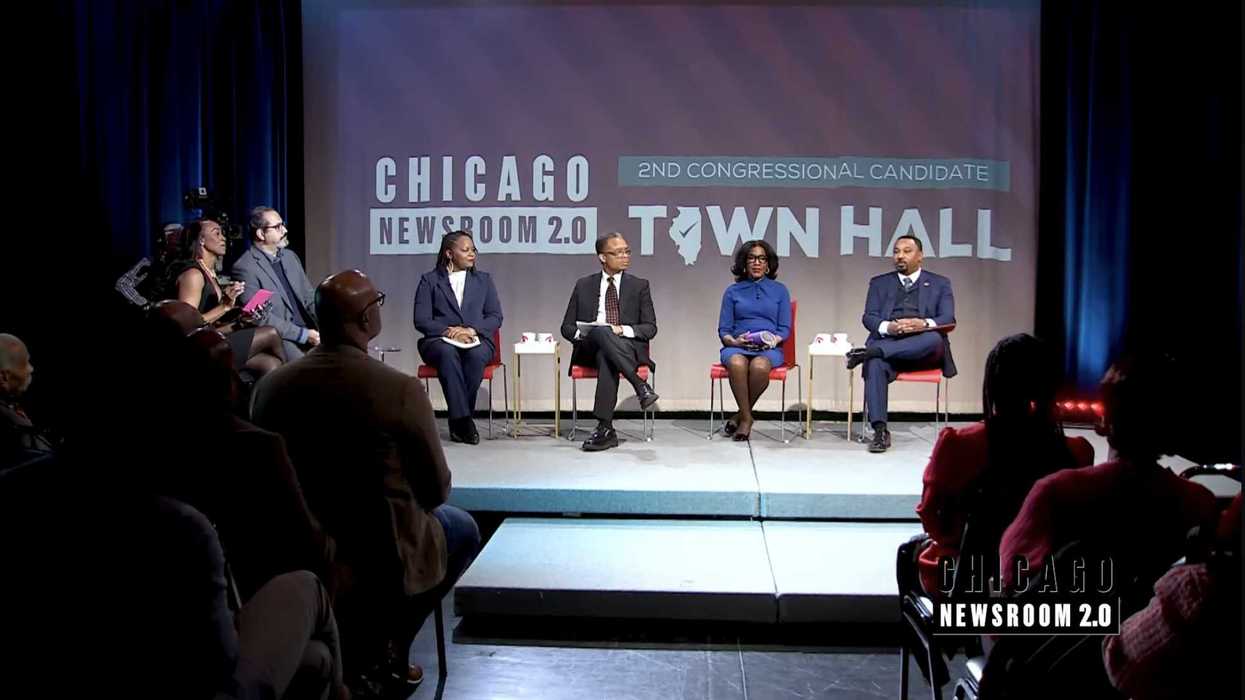FairVote, a nonpartisan organization, recently announced that election day 2023 was an historic election year for ranked choice voting (RCV). Ranked choice voting is the fastest-growing nonpartisan voting reform in the nation; with recent ballot wins, it has won 27 city ballot measures in a row.
Ranked choice voting, sometimes known as instant runoff voting, gives voters the option to rank candidates in order of preference, first, second, third and so forth. Ranked-choice voting advocates say it will help prevent the increasingly polarized election campaigns, increase the number of women and minority candidates running for office, and reduce negative campaigning.
Three cities in Michigan – Kalamazoo, East Lansing, and Royal Oak – voted to adopt RCV. 71 percent of Kalamazoo voters, 52 percent of East Lansing voters, and 51 percent of Royal Oak voters voted for RCV. Add to this that both Minnetonka, MN and Easthampton, MA voted to keep or expand RCV and you have a clean sweep for ranked choice voting this past election day
RCV was used successfully in eleven cities across six states, including for the first time in Boulder, CO. Ten more cities will use RCV this month, when Utah holds its Election Day on November 21.
“Election Day 2023 showed once again that voters want ranked choice voting,” said Deb Otis, Director of Research and Policy at FairVote. “American voters are dissatisfied with our politics, and in 27 city ballot measures in a row, they’ve said ‘yes’ to better choices, better campaigns, and better representation. Everywhere it’s used, voters like and understand RCV, taking advantage of the opportunity to vote honestly and express more choices. We’ll continue this progress later this month in Utah and again in 2024, when at least Oregon and Nevada will vote on adopting RCV statewide and five states and territories are poised to use RCV for their presidential primaries.”
Ranked choice voting continues to grow across the nation, moving from just ten cities in 2016 to approximately 50 cities, counties, and states now (including the states of Alaska and Maine).
Larry Diamond, the former director of Stanford’s Center on Democracy, Development and the Rule of Law has concluded that ranked-choice voting is the most promising reform to democratize and depolarize politics in America.
“We are really settling on ranked-choice voting as the most promising reform to democratize and depolarize our politics. I think it’s not only here to stay but that it’s gaining support across the country. A lot of research shows that when you, as a candidate, go negative, you hurt public perceptions of yourself, but you do more damage to your opponent, and in plurality elections, this tradeoff can pay off,” says Diamond, the Stanford researcher. “But since candidates are forced to rely on second and third-place votes in ranked-choice elections, negative campaigning can open the way for a third candidate to gain support. It becomes much more costly to go negative since you risk losing your ability to pick up second-preference votes, and it actually does more harm than good,”
As more and more cities and states adopt ranked choice voting, we’ll learn quickly whether RVC is indeed paying dividends to lessen polarization in America.






















